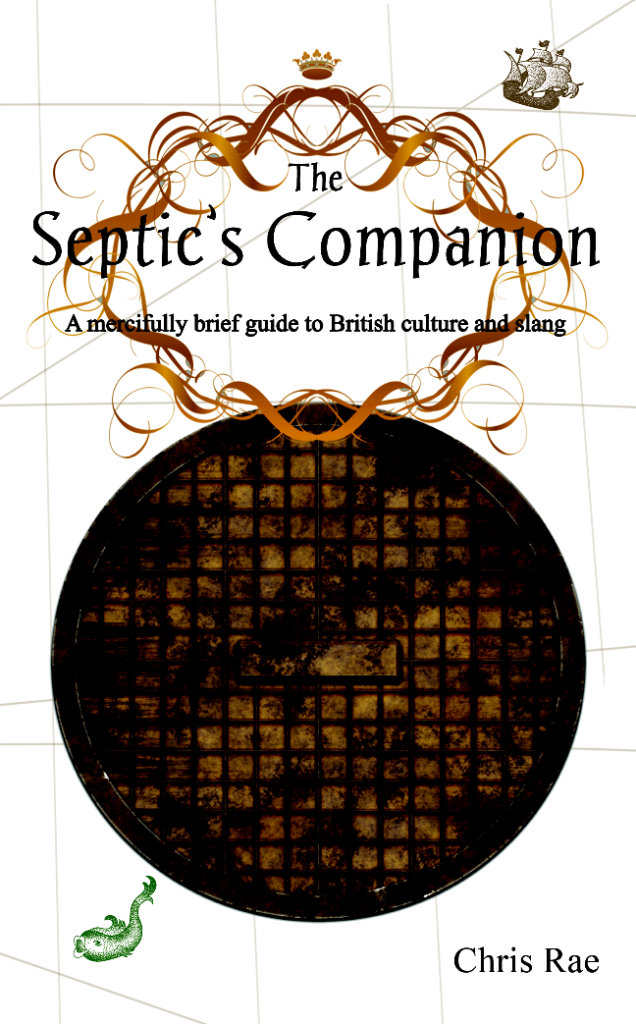
Books
& bookworship
It's been a few months years. Cool that it's still there. It was an article about the death of "Moog," who invented the synthesizer (now known as "keyboard" to musicians, pretty much), and whose name didn't sound the way it looks.
But... on that page is a link to something about accents in the Britain, called the BBC Voices Project. It is very cool, and there are links to other things about accents and dialects in English. bbc.co.uk/voices/ [2025 note: Not working perfection, but there are parts that are still good!]
(Some of the interactive maps and games don't work anymore, but articles are still there.)
That day, I decided to try to use more than one word when I communicated with my kids. I knew that in England, after the Norman conquest, simple legal matters had been be stated in English and French both, and some of those phrases still exist, like "will and testament," "aid and abet," "give and bequeath," and "null and void." So for the sake of my children understanding both my child-of-Texans self AND my child-of-Bostonians husband (Boston and Michigan and Canada, but NOT Texas), I began to paraphrase. "Kirby, can you hand me that blue cup? The plastic mug that's on the counter?" Or "Let's go to the park, okay? We'll walk down to the swings and picnic tables."
A friend of mine told me a story once I thought would surely "come across my desk" one way or another, but it hasn't, and I've waited 25 years (and looked, some). He said that a Roman soldier during the occupation of Britain wrote in a journal that when the Britons read, they didn't move their lips.
The idea stuck with me, because it means the Romans (he and Romans he had noticed) DID move their lips, or read aloud, perhaps.
It's easy to blame the Norman Conquest in 1066 for English's overflowing vocabulary. We kept French words AND their English equivalents, by the thousands. Words were lost and abandoned from both sets, but English has more words than any other language, I've heard. And in reading English, as you're all aware, we have tons of homonyms, such as the "their/there/they're" set.
Phonics isn't a great tool to use for learning to read English. And learning to read English isn't the same as learning to sound out English anyway. I have a theory (moving toward belief) that written English is a visual language. And maybe it's not just because of the French ruling for so long, and maybe it's not just because of the Catholic church's layers of Latin in song, story and court of law.
Maybe English has been and is still a language to read without moving one's lips.
So I'm hoping someone who's needing a topic for a thesis or a dissertation will find those answers and send them to me. Thanks in advance, all o'ya'll!
I figured it out in 2023. I have a good working possibility, anyway, and I wrote it up, in the box at the bottom, here:Silent Reading
Short version: They were all reading Latin, but it wasn't the Brits' native language.
The Story of English
This was on VHS tape at the time, but someone has put it online: The Story of English

The Septic's Companion: A British Slang Dictionary—A dictionary of British slang, written by a Scotsman living in America
This site is sick! It's mad. It's brilliant. It's pretty cool.